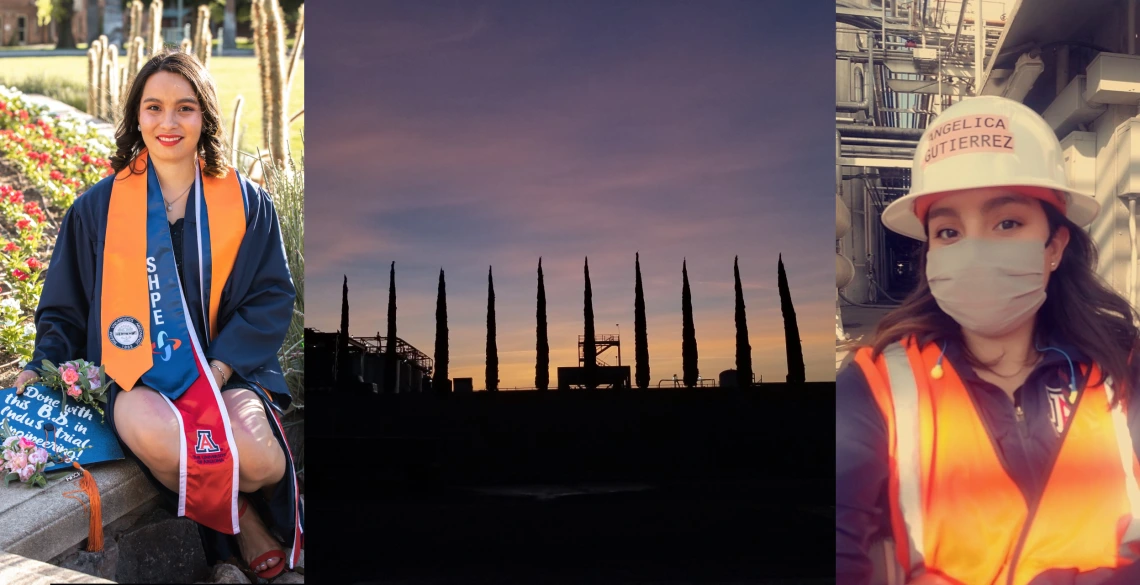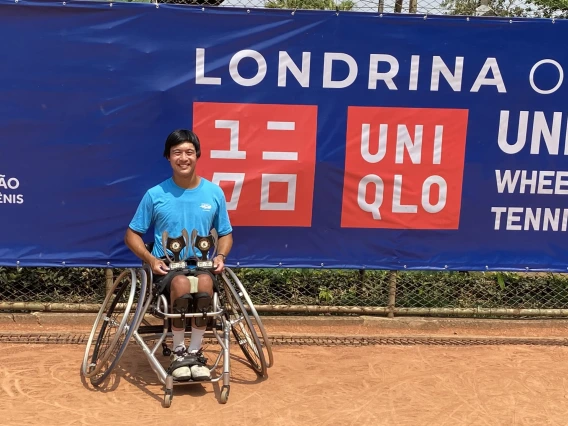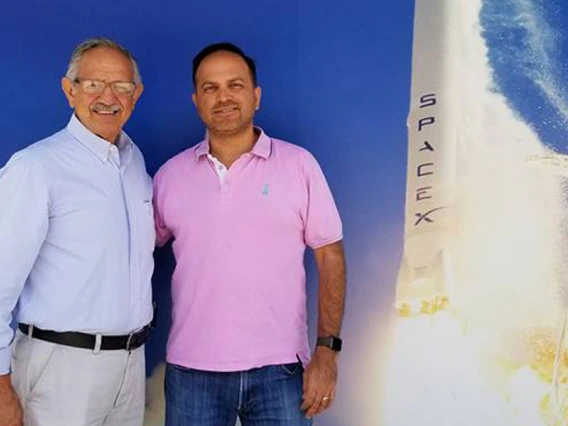Engineering Connections: Violins, Virtual Work and Vineyards

No description provided
Angelica Gutierrez, who earned a bachelor’s degree in industrial engineering in May 2021, is thinking big. She balanced her studies, clubs, internships and even playing in a mariachi band while attending the UA. Now, she’s just as busy laying it down in California’s wine country at E. & J. Gallo Winery, headquartered in Modesto. The world’s largest family-owned winery boasts 20,000 acres of vineyards and a multibillion-dollar annual income.
What brought you to the University of Arizona, and why did you choose industrial engineering?
I was born and raised in Tucson, and almost all of my family has gone to the University of Arizona. My uncles are electrical engineers at Raytheon, and so was my father, who passed away in 2004.
I had my mind set on electrical and computer engineering, but after my first programming class I realized it wasn’t quite my cup of tea. I did some digging into the different majors and found myself interested in industrial engineering. Once I started taking classes and looking into career paths, I knew it was the right fit.
What extracurricular activities were you involved with as a student? Did your hobbies have any relation to the world of engineering?
I performed with a community mariachi group, Mariachi Innovación. I grew up playing violin in school, but always had a passion and cultural connection to the mariachi community of Tucson. During my last two years at the UA, I was also a member of the Society of Hispanic Professional Engineers, which was a great connection to the STEM community on campus.
Paying attention to patterns and how different instruments and parts within music balance out to make something harmonious is extremely important – and can almost be compared to the fundamentals of systems and industrial engineering. One of my biggest takeaways from my engineering classes was the importance of incorporating and balancing everything involved within a bigger system.
What is your favorite memory from your time as an engineering student?
I befriended some other girls in SIE in a statistics class, and because we had several classes together, we would walk to class and do homework together. I was also a math tutor with New Start and the Mathematics Department. Getting to know other students outside of engineering with the same tutoring position was a fun way to academically network while also building new friendships.
How did you wind up interning at a winery?
I found out about E. & J. Gallo Winery when they were recruiting for their Sales Development Program in a management class I took. The idea of working in a fun industry that creates products for a diverse range of customers interested me, so I looked into their career website and found some internships for the process technology department.
The six-month internship was an opportunity to get more in-person experience after being virtual in school for over a year, plus doing a virtual internship at W.L. Gore. Once I got there, I realized that I really enjoyed working in the wine industry and with their Winery Systems Engineering team. You don’t think engineering would be required for manufacturing a product like wine, but engineering is vital for a company of Gallo’s size.
What did you do in your day-to-day work as an intern?
I helped with launching a manufacturing execution system project at the Livingston Winery in California. The system was focused on the digitization of information collected about the work done in the cellar.
Believe it or not, a lot of processes are still using paper to collect information, which doesn't allow for efficient data analysis. The new system was already in use shortly before the start of my internship, but my position was to provide additional “boots on the ground” project management support with operators during our harvest season.
What kind of “boots on the ground” work?
For example, I did a time study when our fermenter group kept communicating that the new system was affecting their ability to complete work on time. I would walk around just talking to people, trying to understand what the frustrations were affecting their work. (I got a lot of steps in last summer!) I enjoyed talking to them and realized they have so much technical knowledge about the processes and machines they work with. If you’re trying to support their work, it’s important to understand their pain points.
The new system used an app to digitally collect work order information, which included some new functionalities like taking pictures at various stages of the work order. Adding these steps to the current process took more time, which ended up being about a minute or two per work order, and over the day, it could add up to about an hour.
After conducting the time study, I reported back my findings to the operations managers and other leadership within the company, and they found my results very informative! As a whole we were able to come to conclusions that the additional time was valuable because the system was improving the quality of work performed and reducing any human error that would affect our final product. With their approval of the process, my team and I continued to successfully launch the system for harvest of 2021 and move forward with long-term development plans.
What about in your new role as an employee?
Now I’ve joined Gallo’s Technical Development Management Program, a three-year rotation program for engineering graduates to develop management experience. For my first rotation, I am a business relationship manager in our Modesto headquarters IT department, where I’ll continue working on digitization. Since the position is new, I have some flexibility, but as of right now I will be focused on starting up new solutions that digitize processes and information collected.
What advice do you have for students just starting their journey studying engineering?
Engineering isn’t an easy academic career, but hard work and determination is what will get you through the challenges. On-campus resources and peers are some of the best resources for academic success.
Be humble with what you know and are able to do – all while realizing that it’s important to consider the knowledge and experience of people in and out of the engineering industry.



